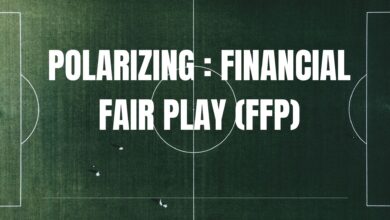Complaint Alleges FIFA’s Many Matches as Health Risks to Players

European Leagues and FIFPRO Europe are set to file a joint complaint with the European Union’s antitrust regulators on Monday, challenging FIFA’s international match calendar and its potential risks to players’ health.
The decision, announced on Thursday, follows a landmark ruling by Europe’s top court that FIFA’s player transfer rules breach EU laws. This move marks a growing trend of disgruntled athletes and sports organisations turning to the EU antitrust enforcer to challenge governing bodies.
European Leagues and FIFPRO argue that the international match calendar has become unsustainable for national leagues and poses health risks to players. They claim FIFA is abusing its market power.
However, FIFA maintains that the current calendar was unanimously approved by its council after comprehensive consultation with FIFPRO and league bodies.
The European Commission can order companies to cease anti-competitive practices and impose fines.
A FIFPRO report warned in September that the packed football calendar risks players’ health, leaving some with as little as 12% of the year to rest. This contravenes international health and safety standards, resulting from competition organisers prioritising revenue over player welfare.
European club competitions have expanded to 36 teams this season, prompting FIFPRO’s European member unions to take legal action against FIFA’s 32-team Club World Cup.
International fixtures account for 30% of matches for players with excessive workloads, with players spending up to 18% of their annual working time in national team camps or media activities.
“The gap between those who plan and schedule complex international competitions and those who play and experience them has never been bigger,” Alexander Bielefeld, FIFPRO’s director of global policy and strategic relations, said in a statement.
Reports predict players will play up to 80 matches in future seasons due to expanding competitions.
However, a contrasting report by the International Centre for Sports Studies (CIES) found no clear evidence of a rise in elite player workload since the 2000s.







